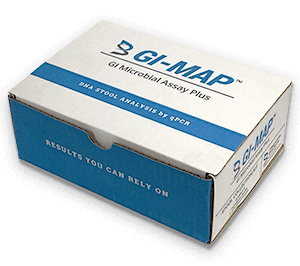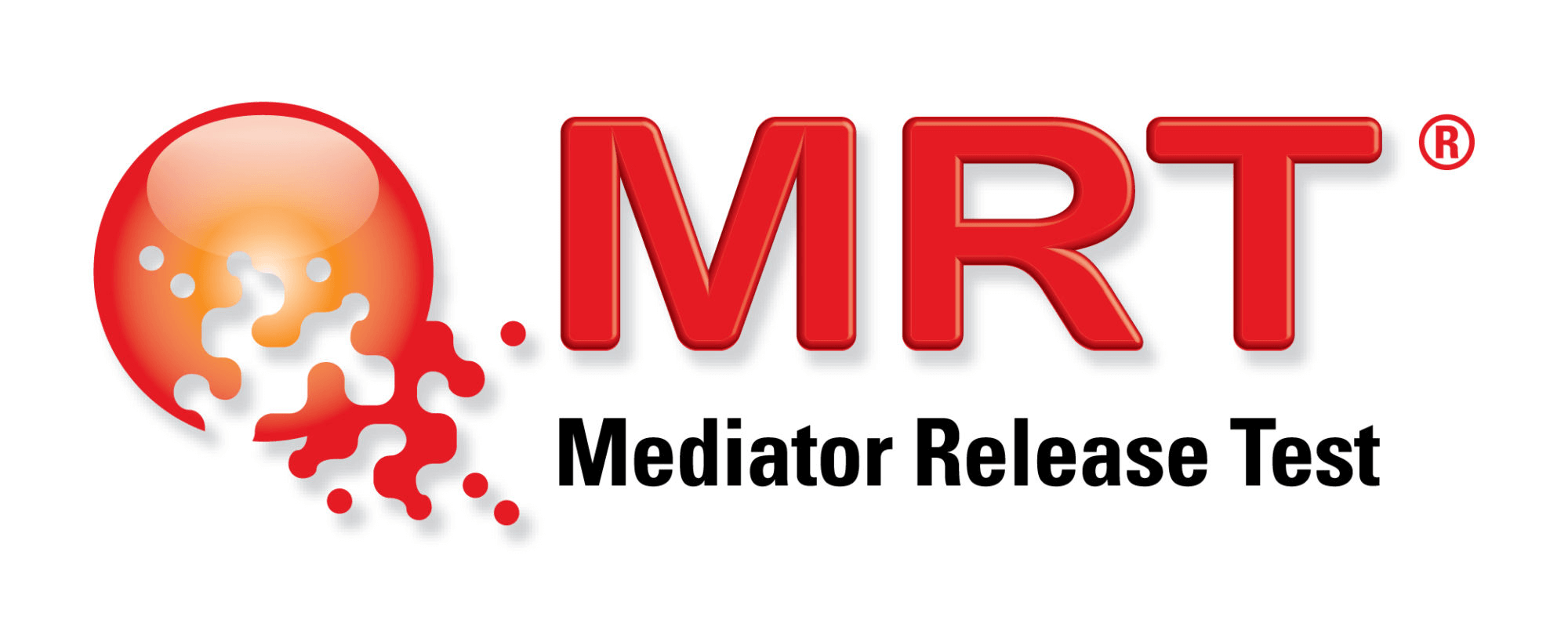Angela Anderson
Understanding Candida
A Comprehensive Guide
Candida
Candida is a type of yeast that naturally resides in the human body, particularly in areas like the mouth, gut, and skin. While Candida is usually harmless, an overgrowth can lead to an infection known as candidiasis. This overgrowth can disrupt the balance of the microbiome, causing a variety of health issues ranging from digestive problems to skin irritations and systemic symptoms.
Common symptoms of Candida overgrowth include fatigue, digestive disturbances such as bloating and constipation, recurring yeast infections, skin issues, and brain fog. Factors that can contribute to Candida overgrowth include a diet high in sugar and refined carbohydrates, antibiotic use, weakened immune function, and chronic stress.
Addressing Candida overgrowth involves restoring balance to the gut microbiome through dietary changes, probiotics, and sometimes antifungal medications. By understanding the causes and symptoms of Candida overgrowth, you can take proactive steps to manage and prevent it, supporting overall health and well-being. Join us as we delve into the causes, symptoms, and effective strategies for managing Candida, empowering you to achieve a balanced and healthy microbiome.
Symptoms and Common Causes
Candida overgrowth can manifest in various ways, affecting different parts of the body and leading to a wide range of symptoms. Recognizing these symptoms is the first step towards addressing and managing the condition. Here are some common signs of Candida overgrowth:
1. Digestive Issues
- Bloating and Gas: Persistent bloating and gas can be a result of Candida fermenting sugars in the digestive tract.
- Constipation or Diarrhea: Disruption in the gut flora caused by Candida can lead to irregular bowel movements.
- Cramping and Nausea: Abdominal discomfort and nausea are also common.
2. Fatigue and Lethargy
- Chronic Fatigue: Ongoing tiredness and lack of energy, even after a good night's sleep, can be linked to Candida overgrowth.
- Brain Fog: Difficulty concentrating, poor memory, and mental confusion can occur due to the toxins produced by Candida.
3. Recurring Infections
- Yeast Infections: Frequent yeast infections, such as vaginal yeast infections in women, are a hallmark of Candida overgrowth.
- Oral Thrush: White patches on the tongue and inside the mouth indicate an oral Candida infection.
- Skin and Nail Fungal Infections: Red, itchy skin rashes and fungal infections of the nails are also common.
4. Sugar Cravings
- Intense Cravings for Sweets: Candida feeds on sugar, and overgrowth can lead to strong cravings for sugary foods and refined carbohydrates.
5. Skin Problems
- Rashes and Eczema: Skin irritations, such as rashes, eczema, and hives, can be a result of Candida overgrowth.
- Itchy Skin: Persistent itchiness, particularly in areas prone to moisture, such as underarms, groin, and under the breasts.
6. Urinary Tract Infections (UTIs)
- Recurrent UTIs: Frequent urinary tract infections can be associated with Candida overgrowth, especially if accompanied by other symptoms.
7. Mood Disorders
- Mood Swings: Fluctuations in mood, irritability, anxiety, and depression can be linked to Candida and its impact on the body's chemistry.
8. Sinus and Allergy Issues
- Chronic Sinus Infections: Recurring sinus infections and congestion without a clear cause can be a symptom of Candida.
- Increased Allergies: Heightened sensitivity to allergens and environmental toxins can occur due to a weakened immune system.
If you suspect Candida overgrowth, it's important to consult with a healthcare provider for accurate diagnosis and appropriate treatment. By addressing the root cause and implementing dietary and lifestyle changes, you can effectively manage Candida overgrowth and improve your overall health and well-being.
Common Causes of Candida overgrowth
long-term carbohydrate laden diet
Leaky gut or bacterial dysbiosis
Decreased digestive secretions
Impaired Immunity
Altered Bowel Flora
Chronic Antibiotic use
Pregnancy
Use of Birth Control pills or hormones
Use of Prednisone or steroids
Damp weather worsens symptoms
History of athlete's foot, ringworm, jock itch

Dietary Considerations
- Avoid inflammatory foods
- Avoid Refined grains (Consider eliminating all grains)
- Avoid Alcohol
- Limit fruit intake and stick to low glycemic fruits & vegetables
- parsnips
- potatoes
- squash
- yams
- corn
- cashews
- melons
- Eliminate dried fruits
- Avoid yeast
- Avoid Peanuts and other mold containing foods (Coffee, mushrooms)
- Limit Sweeteners
- Incorporate probiotic rich foods
- Avoid allergens or sensitivities
Lifestyle Considerations
1. Prioritize Sleep and Rest
2. Manage Stress
3. Moderate to low intensity exercise
- yoga
- meditation
- tai chi
- massage
- walking
4. Follow Lifestyle recommendations
- chew food thoroughly
- avoid eating when stressed or anxious
- avoid antibiotics when possible

Effective management of yeast overgrowth involves a comprehensive approach that includes lifestyle changes, dietary adjustments, adequate hydration, and supplementation. Underlying causes must be identified and addressed through tailored treatment plans to improve symptoms and overall quality of life. Consulting with healthcare professionals is essential to receive a proper diagnosis and personalized treatment recommendations.
Functional Testing for Yeast Overgrowth
Why Dragonfly Holistic Coaching?
Personalized Care
When it comes to addressing health complications, the notion of a "one-size-fits-all" solution is not just ineffective, it's potentially counterproductive. Each individual is a unique tapestry of genetics, lifestyle choices, dietary habits, and environmental exposures, making them biochemically distinct. This means that a health approach which yields positive results for one person could prove ineffective, or even detrimental, for another. Functional wellness modalities stand out by embracing this diversity; recognizing that true healthcare must be deeply personalized. By considering an individual's entire well-being, factoring in genetics, diet, lifestyle, and environmental influences, functional wellness crafts solutions tailored to each person's unique needs. This bespoke approach ensures that each individual receives the most effective and appropriate care, underscoring the fact that in the realm of health, there really is no such thing as a universal solution. When I sign a contract with a client, I will work tirelessly by your side until we are able to identify the root cause of your health challenges and develop a sistainable way forward.
Information courtesy of Angela Anderson
Functional Diagnostic Nutrition® health coaches do not diagnose, treat, prevent, or cure any
disease or condition. Nothing we share with our clients is intended to substitute for the advice,
treatment or diagnosis of a qualified licensed physician. Functional Diagnostic Nutrition® (FDN)
Practitioners may not make any medical diagnoses or claim, nor substitute for your personal
physician’s care. It is the role of a Functional Diagnostic Nutrition® Practitioner to partner with
their clients to provide ongoing support and accountability in an opt-in model of self-care and
should be done under the supervision of a licensed physician.








